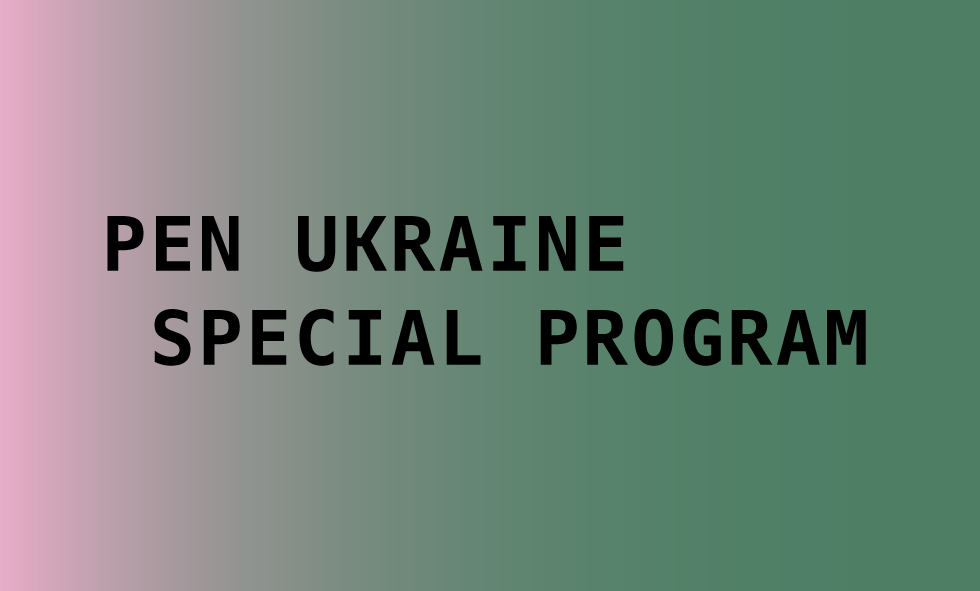How is our memory formed? From what invisible seeds does it sprout? Whose voices does it speak to us with?
In the 21st century, a Ukrainian writer, realizing that the Russian invaders will come to him in the morning and he will never return home, buries his war diary in the garden under a cherry tree. Flashes in our memory: holy images and church bells that Ukrainians buried in their yards during the years of repression in order to preserve and pass on the most valuable to future generations. Hundreds of Ukrainian artists who were killed by the Soviet authorities during the years of terrible terror and whose unwritten works we will never read.
In the 21st century, libraries in the territories of Ukraine occupied by Russia collect ‘dangerous’ books in black bags: about the history of Ukraine, and classic and modern works in the Ukrainian language. In almost sixteen months of the full-scale war, Russia destroyed or damaged more than 500 libraries in Ukraine. Memories of the decrees and circulars banning the Ukrainian language come to mind. About lists of unwanted and ‘harmful’ Ukrainian literature. About the fires in the Department of Ukrainian Studies of the Public Library of the Academy of Sciences and St. George’s Cathedral of the Vydubychi Monastery, where our manuscripts and old prints were burned.
Our memory tells us that the methods of the empire have not changed in hundreds of years: it continues to wage war against Ukrainian culture and identity, appropriating, burning, and shooting.
As part of the PEN Ukraine Special Program, we will talk about the memory which prompts us to be responsible — to our deceased and to our culture. At the Book Arsenal, relatives and colleagues of the Ukrainian writer Volodymyr Vakulenko, who was tortured by the occupiers, will present his wartime diary for the first time. This is not just a tribute, it is evidence that will help remind the world again and again about the crimes of Russia and demand punishment for the organizers of the genocide. We also invited library workers who suffered from Russian shelling and now need our support. So we will not only tell the stories of our unbreakable book collections, but also collect new books for them.
In addition, our focus will be on the memory from which solidarity is born. The participants of the PEN program will be writers from Lithuania and Slovenia, who, together with their Ukrainian colleagues, will talk about the common experience of war and the totalitarian past, as well as about the difficulties of understanding and solidarity where memory is replaced by oblivion and Russian propaganda.
And at the same time, we together will form the memory from which our future will emerge. In particular, it sounds in new war poems included in the poetic anthology Between Air Alerts. They have our pain, our resistance, our rage, and our love.
Memory speaks — with the voices of our writers.
